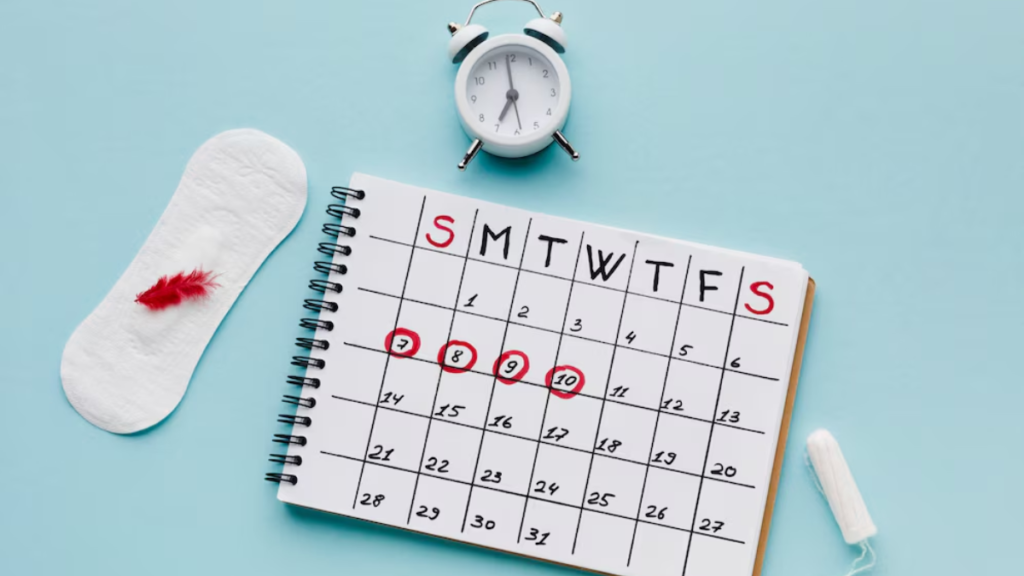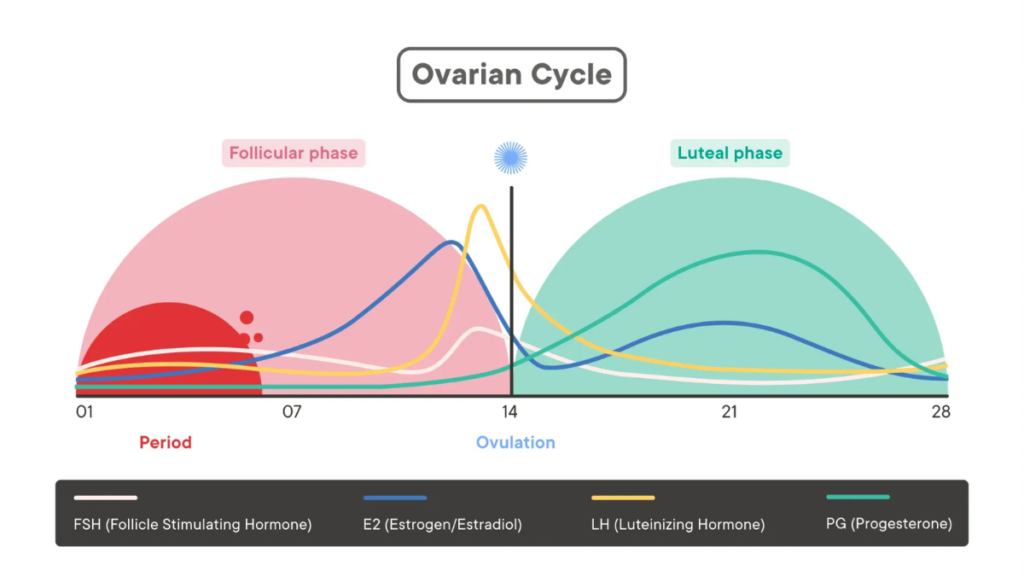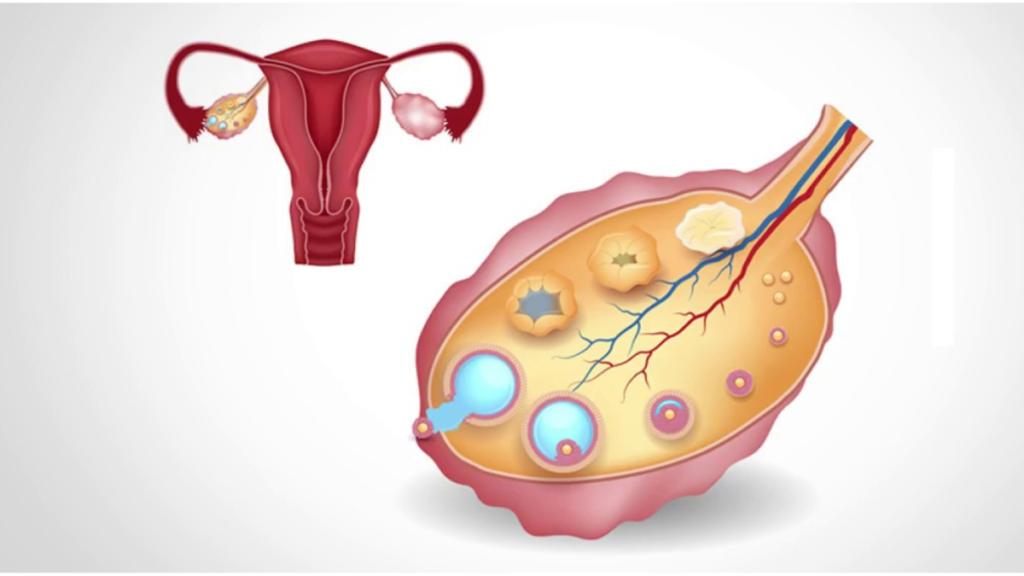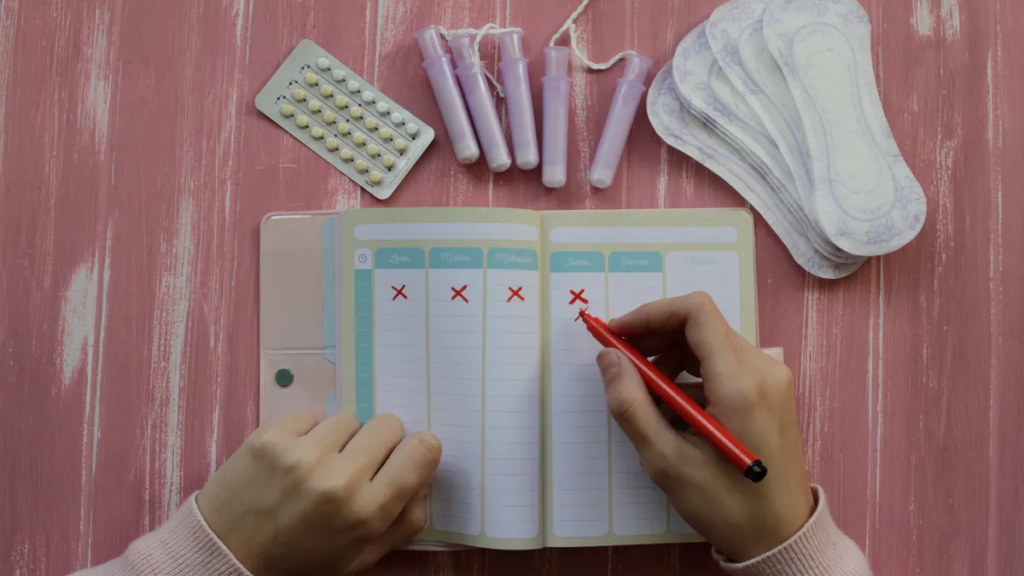Introduction:
Welcome to our comprehensive guide on navigating your monthly cycle! Whether you’re a seasoned pro or just starting to understand your menstrual cycle, we’re here to provide you with valuable insights, tips, and advice to make your period journey as smooth as possible.
Understanding Your Menstrual Cycle

First things first, let’s delve into what exactly your menstrual cycle is and how it works. Your menstrual cycle is a natural process that your body goes through each month in preparation for a possible pregnancy. On average, a menstrual cycle lasts around 28 days, but it can vary from person to person.
The menstrual cycle is divided into several phases:
Menstruation:

This is when you experience your period, which typically lasts around 3 to 7 days. During this phase, your body sheds the lining of the uterus, resulting in bleeding.
Follicular Phase:

Following menstruation, your body begins to prepare for ovulation. Hormone levels, particularly estrogen, start to rise, stimulating the development of follicles in the ovaries.
Ovulation:

This is the release of a mature egg from one of your ovaries. It usually occurs around the middle of your cycle, approximately 14 days before the start of your next period.
Luteal Phase:

After ovulation, the empty follicle transforms into a structure called the corpus luteum, which produces progesterone. This hormone helps prepare the uterine lining for possible implantation of a fertilized egg.
Tips for Managing Your Period
Managing your period can sometimes feel like a daunting task, but with the right strategies, you can navigate it with ease. Here are some tips to help you manage your period effectively:
Track Your Cycle:

Keeping track of your menstrual cycle can help you anticipate when your period will start and better understand your body’s rhythms.
Stay Hydrated:

Drinking plenty of water can help alleviate bloating and reduce menstrual cramps.
Eat Nutritious Foods:

Consuming a balanced diet rich in fruits, vegetables, whole grains, and lean proteins can support overall menstrual health.
Use the Right Products:
Whether you prefer pads, tampons, menstrual cups, or period underwear, choose products that provide you with comfort and protection.
Practice Self-Care:
During your period, prioritize self-care activities that help you relax and alleviate stress, such as taking a warm bath, practicing yoga, or meditating.
Seek Medical Advice if Needed:
If you experience severe menstrual pain, heavy bleeding, or irregular periods, don’t hesitate to consult a healthcare professional for advice and support.
Conclusion
Your menstrual cycle is a natural and normal part of being a woman, and understanding it can empower you to take control of your reproductive health. By familiarizing yourself with your cycle, practicing self-care, and seeking support when needed, you can navigate your monthly cycle with confidence and ease.
Remember, every body is different, so it’s essential to listen to your body’s cues and do what feels right for you. Here’s to embracing your monthly cycle and all the incredible things your body is capable of!
Eid Mubarak and happy cycling!
Feel free to personalize this blog post with additional information or anecdotes that resonate with your audience!











